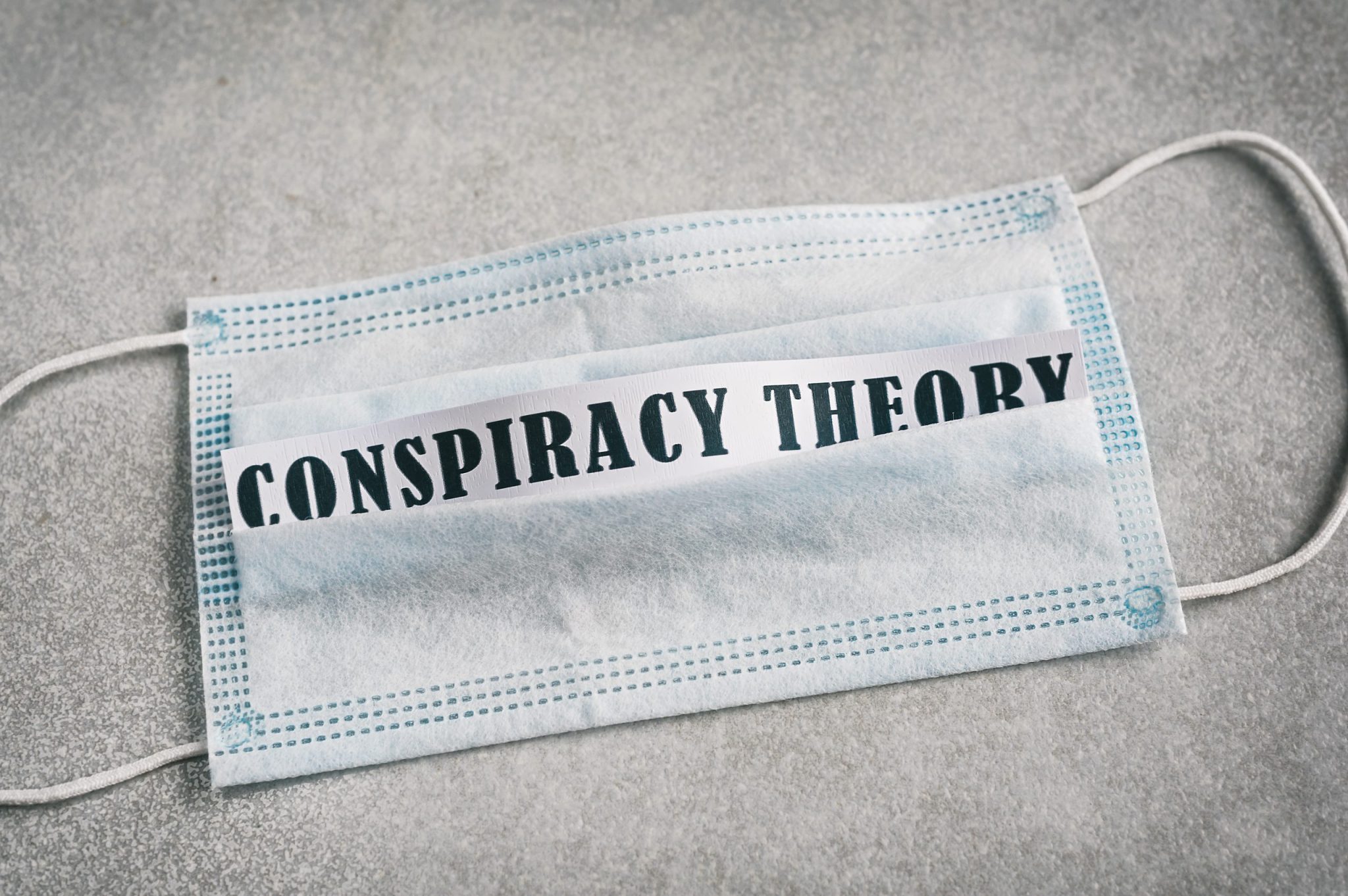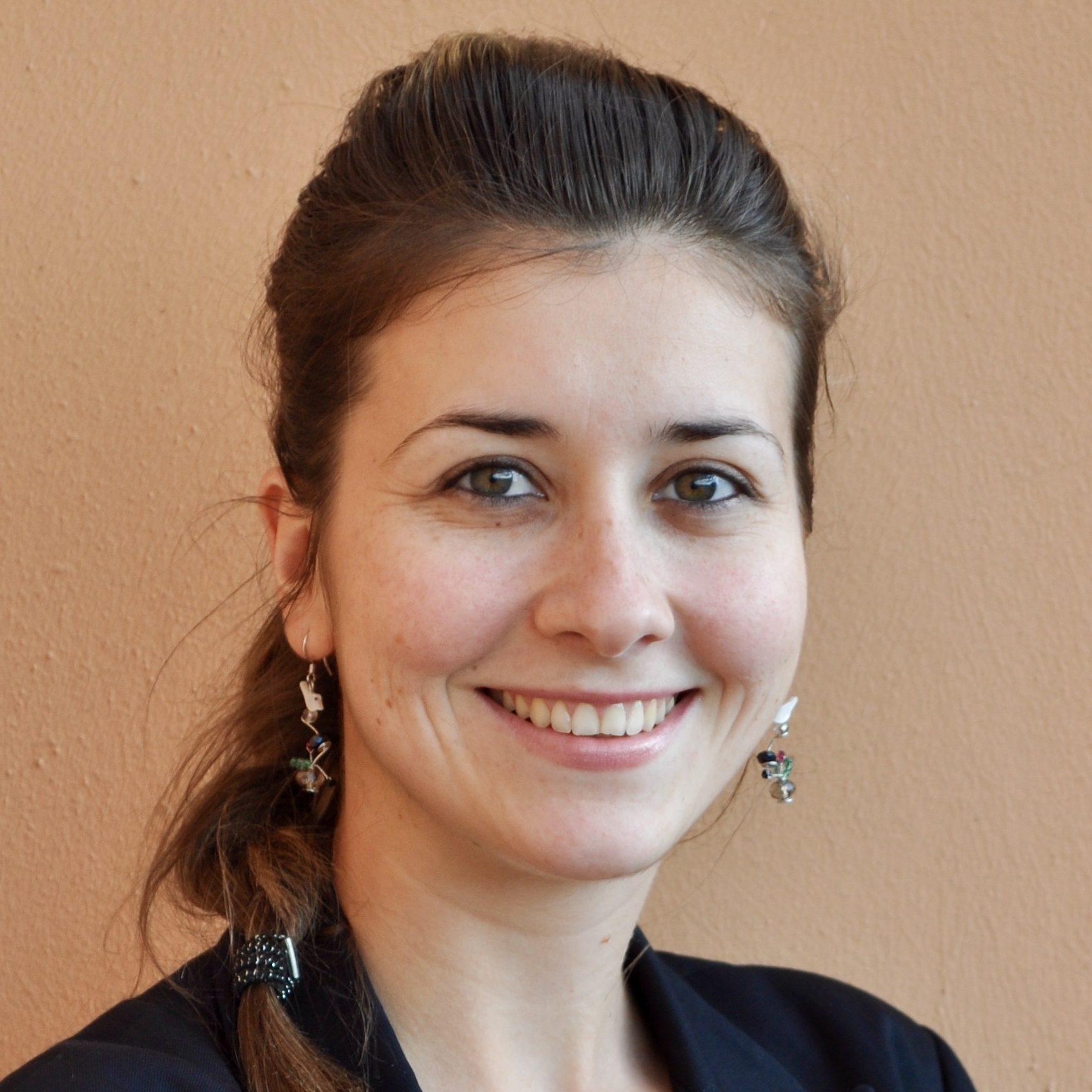With the advent of COVID-19 vaccines in Europe, there is hope for an end to the pandemic. But vaccination campaigns have come under fire by the mainstreaming of conspiracy theories such as QAnon and conspiracy videos like Plandemic, which erode trust in authorities and contribute to vaccine skepticism in countries far beyond their place of origin, including in Europe. Rebuilding trust in authoritative sources of information, governments, and democracy is a long-term challenge. Furthermore, this calls into question the ways in which we disseminate and consume news media: Should some of the stories we are hearing the most be those we should be hearing the least?
Vaccine skepticism has been an erratic and persistent threat for years, and skepticism of COVID-19 vaccines is concerningly high in several European states. Conspiracy theories actively contribute to COVID-19 vaccine hesitancy. While these theories often originate and spread among sincere believers, malign actors deliberately and frequently amplify them. Their aim is to undermine the legitimacy and capacity of democratic countries—in this case, their capacity to successfully vaccinate their citizens—or to fuel tensions. Conspiracy theories are also an effective tool used by autocrats to distract from or silence criticism and to portray themselves as generous and responsible international actors. Since the global vaccine rollout, Russian and Chinese state media and officials have sown doubts about certain Western vaccines and promoted their own. Such vaccine diplomacy, leveraged also through conspiracy narratives, has turned into a lucrative economic opportunity and increases the stakes of information manipulation.
Furthermore, the pandemic catalyzed the growth of the QAnon conspiracy theory, which began in the U.S. in 2017 and is based on the narrative that a “Deep State” of elites controls the world, in the U.S. and across Europe. QAnon has since widely expanded, acting as an umbrella movement, taking in coronavirus-related conspiracy theories and creating a community in which conspiracists from a variety of communities converge. This poses a powerful threat to a healthy democratic discourse. During the pandemic, QAnon claimed new adherents, including far right groups in several European countries and even new members of the U.S. Congress, offering the movement tints of mainstream legitimacy, and it has quickly integrated anti-vaxxers into its conspiracies to expand the movement. COVID-19 anti-vax narratives fit squarely into the QAnon playbook by playing on the distrust of authority.
Over the past year, the European Commission (EC) has introduced new policy efforts to combat these threats. It passed the European Democracy Action Plan and Digital Services Act, launched the European Digital Media Observatory, and expanded the Code of Practice on Disinformation. These policies represent steps forward, but circumstances require policymakers to think bigger. In particular, European and U.S. lawmakers should consolidate efforts to counter digital amplification of dangerous conspiracy theories within a common “digital economy rulebook,” which EC President Ursula von der Leyen suggested earlier this year. Initial steps should include creating inter-governmental agencies to address these unique, complex threats with holistic, coordinated policies. While the recent attack on the U.S. Capitol has driven home the threat of QAnon, whose network played a key role in the organization of the attack, U.S. policymakers must resist the urge to classify QAnon as simply a terrorism threat without also addressing the more nuanced and subtle threat conspiracy theories pose. A good starting point for EU-U.S. collaboration—and wider international cooperation—could be to coordinate amendments to national media codes to support public-interest journalism across social media platforms.
In Australia, the government has been debating a law requiring social media companies to pay traditional news media for content in an effort to support public-interest journalism. In reaction, Facebook banned the country’s users from accessing news articles on the platform, and Google threatened to withdraw the search function. This created an information vacuum, which malign actors tend to abuse to amplify conspiracy theories and other manipulated information. While the President of the European Commission supported Australia and raised concerns over Facebook’s decision, which was eventually reversed, Australia’s case has provided also an important lesson: Joining forces with other democratic allies, and uniting social media companies’ target markets, may help countries advocate more effectively for access to verifiable information over profit, or deter efforts to weaken democracies through existing loopholes. Democratic allies need to better align their media codes to prioritize credible and verifiable information, coordinate policy efforts across geographical and sectorial areas, and prioritize democratic discourse over profit. Fortunately, with a new U.S. administration and the EU’s call for a joint EU-U.S. digital economy rulebook, there is hope for progress.
Platforms, too, must step up. In a recent interview, EU Commissioner and EC Vice President Věra Jourová argued that digital companies must look beyond profits when developing algorithms that drive large scale amplification of manipulated information. Social media platforms amplify content that triggers “user engagement,” such as conspiracies, in order to gain revenue. Recently adopted European policies aim to hold social media companies more accountable for their role in facilitating the dissemination of manipulated narratives. The European Democracy Action Plan has led the way by demanding increased visibility of malign information manipulation techniques to combat their efficacy, as well as by calling for enhanced funding to civil society and media to help build societal resilience, suggesting potential sanctions for repeat offenders, and initiating a co-regulatory approach. This is progress, but while the EU has also proposed a New Transatlantic Agenda for Global Change and the new U.S. administration is expected to set more regulations, democratic governments and institutions should demand more.
The European Commission should demand higher accountability from social media companies on attacks to truth and democracy that occur on their platforms and raise the costs on autocratic and other actors that deliberately disseminate manipulated information across increasingly interconnected public spheres, causing serious harm. The EU’s role could further expand, bringing it from a geopolitical regional actor to an international standard setter in the information space. As anti-vax and other conspiracy theories will continue to spread in 2021 and beyond, so should international efforts to build healthier and safer public spheres. Learning from Australia’s recent experience, one place to start could be the coordination of amendments to national media codes prioritizing democratic discourse over profit both offline and online, in a bold regulatory way. Such reenergized collaboration presents opportunities to create a more global framework to address the contagious spreading of conspiracy theories, which has proven to be a threat to democracy beyond national borders.
The views expressed in GMF publications and commentary are the views of the author alone.






